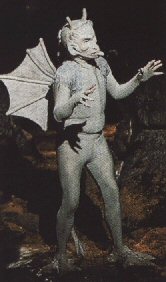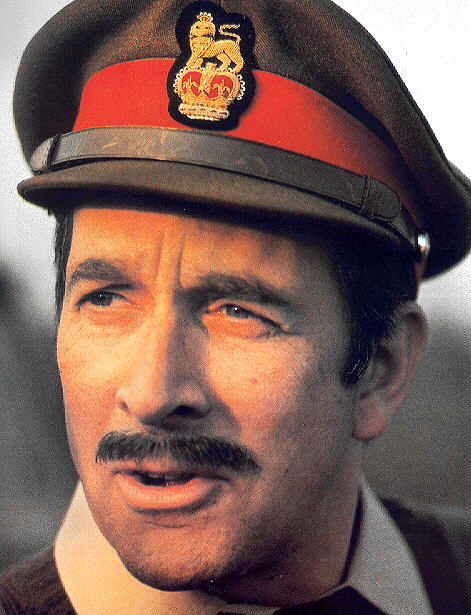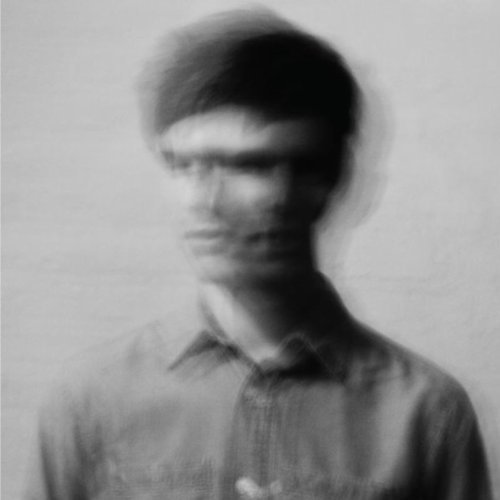How often do you listen to the real classics - the songs waiting on your mental list for the call from Desert Island Discs that hasn't yet got through? Not often enough, is the usual answer: I can't remember when I last heard Blood On The Tracks before this week.
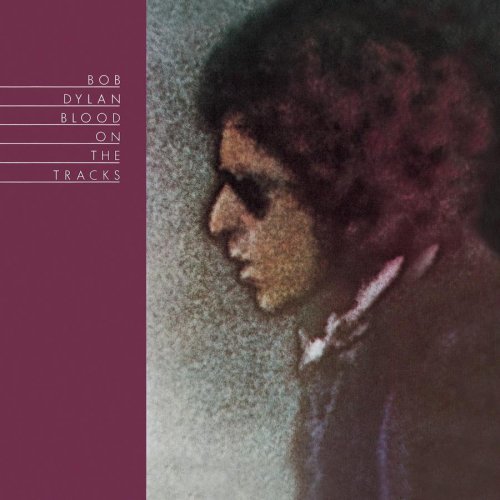
I was sent back to 'Tangled Up In Blue' on Sunday when the guitars came out after an extended lunch. It's probably twenty years since I learned to play the song and there's a definite limit to the number of lyrics I can keep in my head: learning a new one seems to displace something else from the databank. Not this one, though - a slight stumble over the chord progression, but the lyrics were just there: a case of
Every one of them words rang true
And glowed like burnin’ coal
Pourin’ off of every page
Like it was written in my soul
I suppose.
I started thinking afterwards about what it is that is so great about the song. It's one of those Dylan narratives which regularly gets called 'cinematic' by the critics, and rightly so - for its scale and sweep and how you get the big picture imagery and emotional intensity without always following every detail of how the chronology and viewpoints are cut up and changing.
Listening to the original New York recording (on Bootleg Series vol 1-3) as well as the Minneapolis version that made the final cut for the album, you can see how the writer was interested in shifting around who 'he', "she', 'I' and 'you' are referring to at any one time and trying the effect of different combinations. And there are later versions (on 1984's Real Live and sundry real bootlegs) where this classically unreliable narrator takes more and more liberties with his story. But, interesting as it is to hear the different ones, I'm sure the forceful and driving Minneapolis version is the defining one, lyrically as well as vocally and musically. (You don't look for or want perfection, of course, and Bob was happy for it to go out with a clear vocal stumble - '... when it finally the bottom fell out ...' in the penultimate verse - because it was otherwise so right.)
So, what do I think is going on in the song? Not some precise roman à clef, I'm sure. Those commentators who have tried to make it all autobiographical ('might he have had a summer job catering for lumberjacks in Minnesota?', 'where exactly is Montague Street?') may well be having fun but are missing the central point: personal experience is grist to the writer's mill, but detailed accuracy will always be subordinated to an archetypal story of true love lost and sought again. I don't think you/she is ever wholly Dylan's ex-wife Sara or a personification of his artistic muse or some other single person no-one knows about. There are probably elements of all those and more in the stew but the song's internal consistency and emotional truth are what are really important.
In summary, on my reading, the plot is this:
- The narrator got involved with the main woman of the song when she was still married to her ex-husband.
- This new relationship continued through and for some time after her divorce until the narrator decided to break it off.
- He then went through a range of travels, jobs and relationships without forgetting her.
- His epiphany comes when he hooks up with another woman who is working in a topless bar and he reads Dante.
- He is now determined to get his lost love back.
Let's take it verse by verse:
Early one mornin’ the sun was shining
I was laying in bed
Wondering if she’d changed at all
If her hair was still red.
Her folks they said our lives together
Sure was gonna be rough.
They never did like Mama’s homemade dress,
Papa’s bankbook wasn’t big enough.
And I was standin’ on the side of the road
Rain fallin’ on my shoes
Heading out for the East Coast
Lord knows I’ve paid some dues gettin’ through
Tangled up in blue.
The song starts chronologically at the point the narrative returns to at the end of verse 3 - the narrator is on his own, having seen a lot of other women, but with his true love never having escaped his mind. He's thinking about her now... which leads to a reflection on their different backgrounds and the problems that caused... and an earlier memory of starting out from his home town somewhere in the middle of America, standing by the road in the rain - presumably hitching or waiting for a bus.
She was married when we first met,
Soon to be divorced.
I helped her out of a jam, I guess,
But I used a little too much force.
We drove that car as far as we could,
Abandoned it out west.
Split up on a dark sad night
Both agreeing it was best.
She turned around to look at me
As I was walking away.
I heard her say over my shoulder
“We’ll meet again someday on the avenue”
Tangled up in blue.
Beautiful writing. The fourth line is a classic, that raises an immediate smile. But then you realise the narrator is doubtful about his own role in what has happened, despite his bravado. And though he tries to say the new relationship ended consensually he admits it was him who was walking away and she who said there was more to come.
The car could be read purely as a metaphor for their relationship, but the road trip is such a staple of both cinema and rock music that we inevitably see a broken-down automobile, somewhere in California, as we listen...
I had a job in the great north woods
Working as a cook for a spell.
But I never did like it all that much
And one day the axe just fell.
I drifted down to New Orleans
Where I was lucky for to be employed
Working for a while on a fishin’ boat
Right outside of Delacroix.
But all the while I was alone
The past was close behind.
I seen a lot of women
But she never escaped my mind, and I just grew
Tangled up in blue.
Another killer fourth line, in a series of very visual images. But I don't think it matters exactly what the narrator did in this phase - loading cargo onto a truck in LA (as in the New York recording) works fine, too. 'She never escaped my mind' is the crucial message from this verse.
She was working in a topless place
And I stopped in for a beer.
I just kept looking at the side of her face
In the spotlight so clear.
And later on when the crowd thinned out
I was just about to do the same,
She was standing there in back of my chair
Said to me, “Don’t I know your name?”
I muttered something underneath my breath,
She studied the lines on my face.
I have to admit I felt a little uneasy
When she bent down to tie the laces of my shoe.
Tangled up in blue.
We have switched to a different 'she'. I like to think there was something about this woman's profile that reminded the narrator of his true love, but maybe he just fancied her... 'Laces of my shoe' is a wonderful use of the song's distinctive rhyme scheme and a very visual image. But I think the uneasiness is more fundamental - this woman seems to know him, to see through him, reading the experiences in the lines of his face.
She lit a burner on the stove
And offered me a pipe.
“I thought you’d never say hello,” she said
“You look like the silent type.”
Then she opened up a book of poems
And handed it to me,
Written by an Italian poet
From the thirteenth century.
And every one of them words rang true
And glowed like burning coal,
Pouring off of every page
Like it was written in my soul from me to you,
Tangled up in blue.
I assume the reference is to Dante's Divine Comedy - an account of a journey through hell, purgatory and paradise. I also assume that the imagery of flame on the stove, smoke from the pipe and burning coal are not intended to suggest that the narrator is in heaven just yet. To get there Dante needed Beatrice, his true love, to act as his guide...
I lived with him on Montague Street
In a basement down the stairs
There was music in the cafés at night
And revolution in the air.
Then he started into dealing with slaves
And something inside of him died.
She had to sell everything she owned
And froze up inside.
And when finally the bottom fell out
I became withdrawn.
The only thing I knew how to do
Was to keep on keepin’ on like a bird that flew,
Tangled up in blue.
I think 'him' here is the true love's ex. (In the New York version 'him' in the, very different, equivalent verse is more likely to be the narrator - 'too busy or too stoned'.) The narrator was on the scene as his true love's earlier relationship ended and probably - 'used a little too much force' - played an active part in ending it. It left the true love frozen inside. Is the narrator suggesting that might in turn have led to him becoming withdrawn when the bottom fell out of their relationship? It would fit with his general tendency to avoid squarely taking responsibility.
So now I’m going back again,
I got to get to her somehow.
All the people we used to know
They’re an illusion to me now.
Some are mathematicians,
Some are carpenters’ wives,
Don’t know how it all got started,
I don’t know what they’re doing with their lives.
But me, I’m still on the road
Heading for another joint.
We always did feel the same,
We just saw it from a different point of view,
Tangled up in blue.
I love this verse. The narrator is now determined to win back his true love. He dismisses the social group they used to move in a little too strongly to be credible ('an illusion'?) and adopts a contrastingly glamorous loner persona, without saying (or knowing?) just where true love's head is now. The mathematicians/carpenters' wives couplet is great - an apparently random ludicrous set of occupations, but then you start thinking of the most famous carpenter's wife in history, Mary, and start to see a contrast being made between religion and science. Meanwhile, where exactly is the narrator heading? I feel confident Dylan fell on the word 'joint' initially just to get the right rhyme to set up 'point of view', which is such an apt place for a song with this subject matter to end. But what a happy choice, with a lot of resonances packed into that one word. Another sleazy bar like the 'topless place'? 'The joint' is also slang for prison, as well as the (too) obvious drug reference - which nevertheless echoes the offering of a pipe in verse 5. But a joint is also a connection, a place where things meet and come together.
Good luck to our flawed romantic hero - you suspect he's going to need it. But the swell and drive of the closing instrumental break sweep us up and on and end this glorious song on a high.
 Tuesday, March 8, 2011 at 9:22PM
Tuesday, March 8, 2011 at 9:22PM 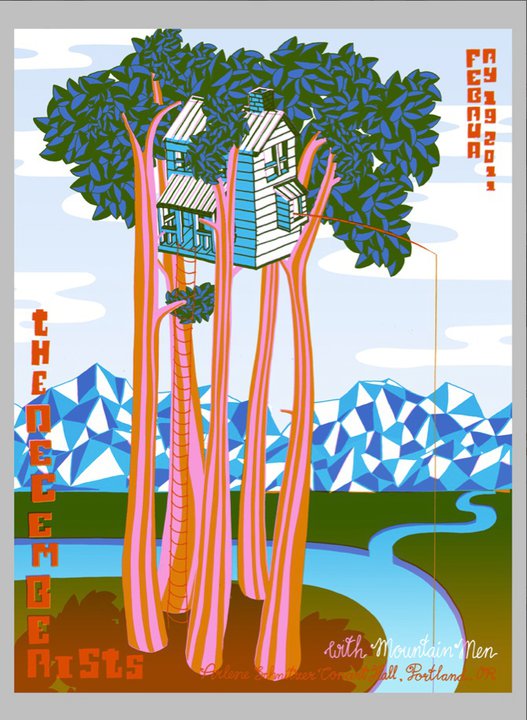
 Pete |
Pete |  Post a Comment |
Post a Comment | 